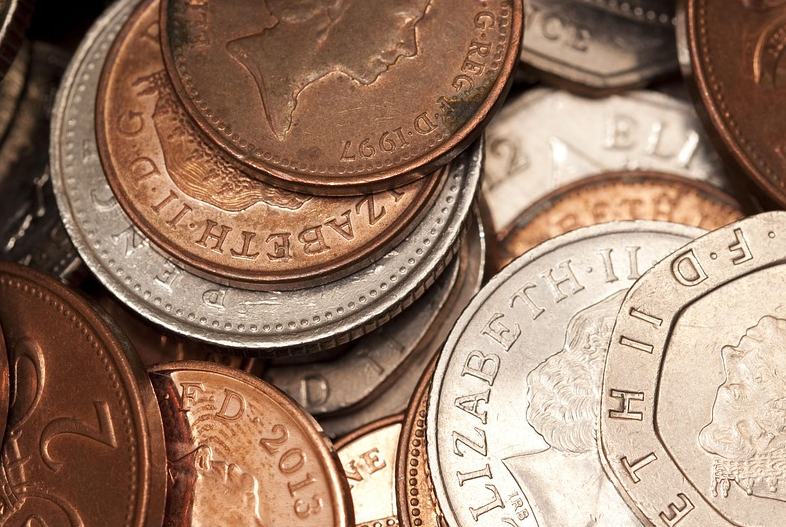Debt is debt, but sometimes bad decisions can play into additional debt, especially if you’re just starting to manage your own finances. You may be thrilled to get approved for your first credit card, but you need to realize that credit isn’t free money. You have to repay the debt on your credit card, including accrued interest, which can substantially increase the original amount charged. Having debt, and getting credit isn’t necessarily a bad thing, but poor decisions when it comes to spending and finances can affect how you get out of debt.
Debt 101
Charging for manicures and pedicures, trendy clothes, vacations, or similar fun items isn’t very responsible and can lead to unmanageable debt, or even bankruptcy over time. Charging one small item each month and paying it in full is an excellent way to build your credit history, just keep the purchases small, and avoid a running balance on the card. Think outside the box. For example, paying your cell phone bill with a credit card will help you build credit with two companies simultaneously!
Responsibility: Boring, Yet Necessary
Responsible management of your finances is essential to obtain a good job, buy a house or car, and pay your bills on time. Payments on credit cards, auto loans, mortgages, and student loans have a substantial impact on your credit history. Some lenders consider timely payments more important than the total amount of debt.
Sometimes unexpected things happen, so having a credit card available in case a tire blows on your car, you have unexpected medical bills, or similar emergencies, can alleviate stress. However, you need to use it only for emergencies, and not for parties and luxury items that you couldn’t otherwise afford.
Having a savings account is also important. If you can delve into your savings rather than use a credit card, you’ll save money. The interest you might lose on the savings account will be substantially less than the interest you’d pay on a credit card.
In order to keep yourself financially solvent, you need a budget, as boring as that may sound. Only by living within your means can you realistically expect to be financially successful in life.
Impact of Financial Irresponsibility
Many employers run a credit check and a background check on prospective employees, so a poor credit history can ruin your chances of getting hired for your dream job. Most apartment managers run a credit check and a background check on prospective tenants, so a poor credit history can also prevent you from obtaining desirable housing.
Justified or not, most insurance companies use your credit score to determine your insurance rate. A low credit score will mean higher insurance rates, it will be more expensive to rent a car, interest rates on mortgages and auto loans will be higher, and you’ll generally be throwing money away. Also, many discounts and perks are available only to those with excellent credit.
Start right now on getting and keeping a good credit score. When you see how much money you’ll save, you’ll be very happy you were responsible. Just don’t go on a spending spree.
